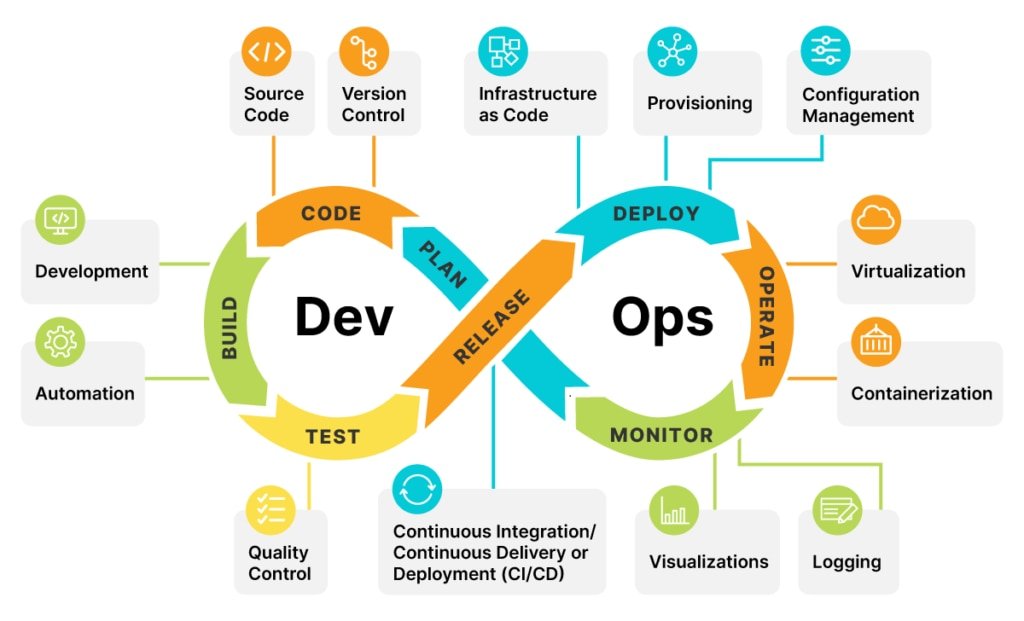The cloud has revolutionized the way businesses operate and has provided numerous benefits that can help improve your business. In this blog post, we’ll explore what the cloud is, how it can help your business, and some of the key considerations when moving to the cloud.
What is the Cloud?
The cloud refers to a network of servers that are connected over the internet and can be accessed remotely to store, process, and manage data. Instead of using on-premises hardware and software, businesses can use the cloud to access and use these resources remotely.
Benefits of the Cloud for Your Business
There are several ways in which the cloud can help improve your business:
Cost savings: One of the main benefits of the cloud is the cost savings it can provide. Since you don’t have to invest in expensive hardware and software, you can reduce your upfront costs. Additionally, you only pay for the resources you use, which means you can scale up or down as needed without incurring additional costs.
Increased efficiency: The cloud can also increase efficiency by providing easy access to resources and information from anywhere, at any time. This means your employees can work remotely and still have access to the tools they need to be productive.
Improved security: The cloud also provides improved security for your business. Cloud providers have teams of security experts who are dedicated to ensuring the safety and security of your data. This can give you peace of mind knowing that your data is being handled by experts.
Enhanced collaboration: The cloud also enables enhanced collaboration among team members. By using cloud-based tools, such as Google Drive or Microsoft OneDrive, team members can work on the same documents and collaborate in real-time, even if they are in different locations.
Key Considerations When Moving to the Cloud
While the cloud can provide numerous benefits for your business, there are also some key considerations to keep in mind when moving to the cloud.
Data privacy: Make sure to carefully review the terms of service and privacy policies of your chosen cloud provider to ensure that your data will be handled in a way that aligns with your business’s values and regulations.
Internet connectivity: Since the cloud relies on the internet to access resources and information, it’s important to ensure that you have a stable and reliable internet connection.
Integration with existing systems: If you have existing systems and processes in place, you’ll need to consider how the cloud will integrate with them. This may require some upfront work to ensure a smooth transition.
Overall, the cloud can provide numerous benefits for your business, including cost savings, increased efficiency, improved security, and enhanced collaboration. By carefully considering your needs and doing your research, you can determine if the cloud is the right fit for your business.





